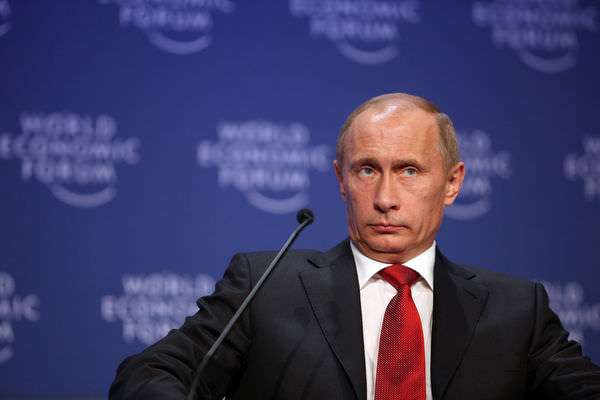Russian Agency Switches From Computers to Typewriters to Avoid Getting Hacked

The Russian Federation is taking a new approach to keeping its secrets safe: trading hackable and leak-prone computers for typewriters.
According to the Russian government's official webpage of purchases, the government is purchasing 20 typewriters for exclusive use by members of the Federal Protective Service (FSO), writes Komsomolskaya Pravda, a privately-owned tabloid that had once been owned by the government. The FSO acts as the security force for major political figures, including the president, prime minister, members of the State Duma and others.
The Russian government is purchasing twenty typewriters, the necessary ink ribbon and other accessories for 486,540 rubles, which is equivalent to approximately $15,000. According to Izvestia, a daily paper in Russia also with past ties to the government, they will be capable of typing in either the Cyrillic or Latin alphabet, and each typewriter has a unique typing pattern that will allow documents to be traced back to the device on which it was created.
An anonymous member of the FSO explained the reasoning behind the government's purchase to Izvestia:
After scandals with the distribution of secret documents by WikiLeaks, the exposes by Edward Snowden, reports about Dmitry Medvedev being bugged during his visit to the G20 London summit (in 2009), it has been decided to expand the practice of creating paper documents.
U.S.-Russian relations have appeared particularly strained since Edward Snowden found his way to a Russian airport. Nikolai Kovalyov, deputy of the State Duma and former Director of the FSB, approved of the decision to replace computers with typewriters, saying,
With computers, you can remove any information. There are, of course, means of protection, but an absolute guarantee that they will work, no. Therefore, from the point of view of preserving some secrets preferred the most primitive: a human hand with a pen or typewriter.
However, not all are convinced. An information security expert, Oleg Glebov, suggested that practical issues may arise. "You can take printed documents, you can take a picture… It is difficult to maintain the paper. If there's a fire, the documents with high probability will be lost or corrupted."
The report by Izvestia also notes that the practice of typewriting sensitive documents was still in use elsewhere within the Kremlin. The Ministry of Defense and the Ministry of Emergency Situations has continued to type "preparatory documents and secret reports."


Show Comments (62)